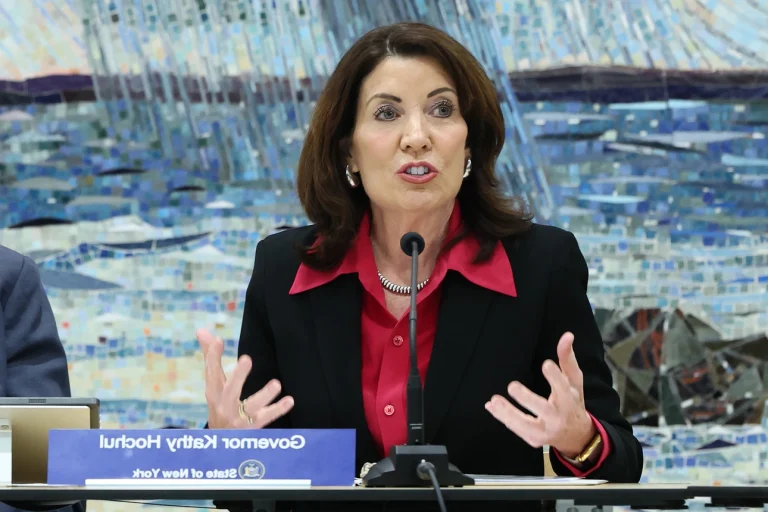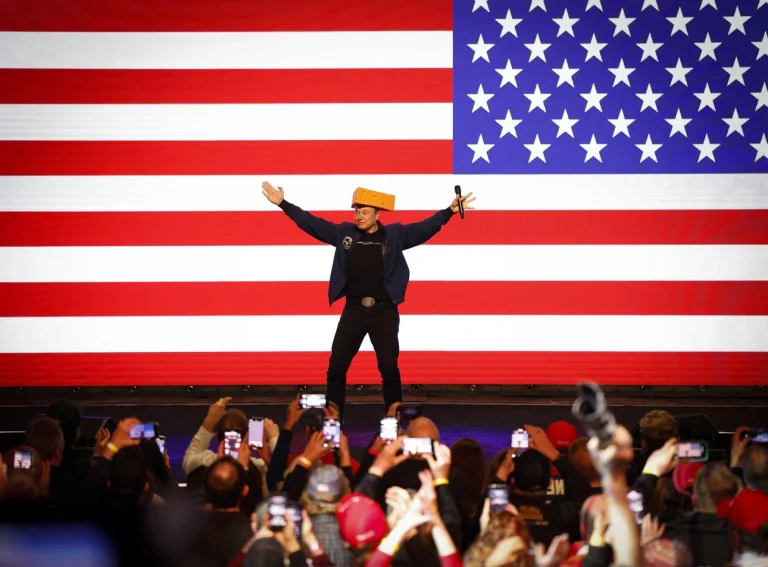
As the Trump administration pulls back on digital protections for consumers, several states are moving to regulate companies’ use of personal data to set prices — but have already crashed into corporate opposition.
State Action Against Surveillance Pricing
In California, Georgia, Illinois, Colorado, and New York, state lawmakers have introduced bills to set rules around “surveillance pricing,” a growing practice that worries consumer advocates due to potential unfairness and the use of sensitive information.
“We can set a very strong example just on our own, but it helps when there are multiple states working on something,” said California Assemblymember Chris Ward, a Democrat who introduced a surveillance pricing bill in February, the first in the country.
With surveillance pricing, also known as dynamic pricing or individualized pricing, companies use a mix of personal information to tailor prices to individual online shoppers.
The practice is largely invisible to the general public, in part because companies aren’t required to disclose how they set prices. But concern over personalized pricing has been growing for more than a decade, part of the wider worry about how tech companies and online businesses use information in opaque ways to treat customers differently — even at grocery stores, according to an investigation by Consumer Reports.
State vs. Federal Response
A year ago, it looked like the Federal Trade Commission was ready to step in: The agency launched an investigation of surveillance pricing and published a report in the final days of the Biden administration.
“For something as basic as food, there should be clear pricing that is readily understood by everyone,” said Alvaro Bedoya, an FTC commissioner appointed during the Biden administration.
But President Donald Trump’s FTC chair, Andrew Ferguson, shelved the agency’s public inquiry days after Trump took office.
That’s left states scrambling to fill the void, but in all five states where legislation has been introduced, the efforts are already hitting friction.
Lawmakers like Ward are concerned that companies are already using people’s personal data to charge higher prices, with well-documented cases of prices changing based on people’s location and their demographics.
Companies have pushed back, arguing that they use people’s data to offer lower prices — referencing practices like giving customers discounts on items they frequently purchase or offering benefits to attract returning customers.
Corporate Opposition and Legislative Challenges
A mix of tech companies, hotels, airlines, and local business groups mobilized against the efforts within the first few weeks, making an argument that the regulations are too broad and would hurt consumers during a time of economic uncertainty by preventing targeted discounts.
The pushback has already led to changes to New York and California’s bills and potentially killed Colorado’s legislation.
“While the bill wasn’t intended to prevent discounts, the writing on the page did just that,” Rachel Beck, the executive director of the Colorado Competitive Council, a local business group that opposed the state’s legislation, said.
Colorado state Rep. Javier Mabrey, a Democrat, introduced legislation in February that would have outlawed prices and wages being set based on personal data. It would have also allowed people to sue companies for violating the regulations.
His bill faced opposition from companies including DoorDash, Verizon, and United Airlines. The Colorado Competitive Council proposed an amendment that would allow the use of behavioral data like purchase history to offer discounts, but Mabrey instead voted to suspend his own bill so he could revisit the legislation, believing that lobbyists had swayed his colleagues.
State Progress and Industry Influence
In Georgia and Illinois, lawmakers introduced bills to prohibit surveillance pricing in February. Both had a hearing but have stalled since.
New York became the first state to get a bill across the finish line in May — though when it did, the law was watered-down and put into the state budget bill.
The original bill would have outlawed surveillance pricing in New York. The passed version allows the practice to continue but requires companies to disclose when a price was set by an algorithm using personal data.
In April, lobbyists from the tech industry, including Uber and the left-leaning tech group Chamber of Progress, whose members include Meta, Amazon, Apple, and Google, pushed against the legislation.
Brianna January, the Chamber of Progress’ government relations director for the Northeast, told POLITICO that the bill would have prevented companies from using data like a person’s purchase history to offer them discounts on items they often buy.
Future Implications and Legislative Outlook
Lawmakers behind their states’ surveillance pricing bills said they hope other states join the push to pass legislation on the practice, arguing that the federal government is unlikely to act anytime soon.
“The assumption was that after the [FTC] report, there would be more work, more research, more actions that would take place as a result of the surveillance pricing we’ve been seeing across the nation,” New York assembly member Emerita Torres said. “Unfortunately, that’s not happening with the change in the administration.”
In California, a bill to ban surveillance pricing entirely advanced through the Assembly on May 12. If passed, it could potentially become a national standard, much like California’s privacy regulations.
It is facing opposition from tech industry groups like TechNet, which fought similar bills in Colorado and Illinois. The California Chamber of Commerce and more than 20 state business groups have also raised concerns about the bill.
Ward believes this bill will make it to Democratic Gov. Gavin Newsom’s desk by September, but whether or not the tech-friendly head of state will veto the legislation like he did for other AI bills in California is still unknown.















